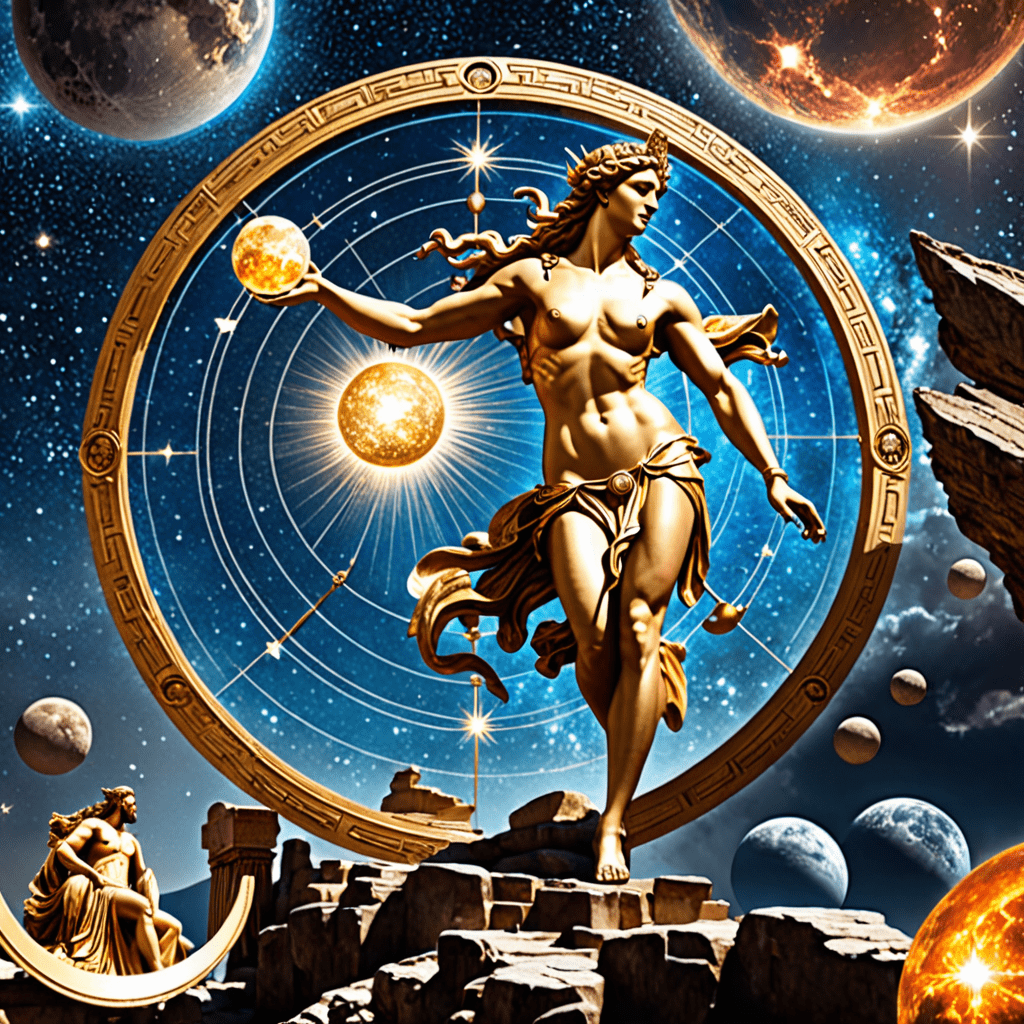Greek Mythology and Astronomy
The Connection Between Greek Mythology and Astronomy
Greek mythology and astronomy have been intricately linked for millennia. The ancient Greeks used myths to explain celestial phenomena and incorporate them into their religious beliefs. From the names of planets to constellations, the influence of Greek mythology on astronomy is profound.
Constellations in Greek Mythology
One of the most significant connections between Greek mythology and astronomy is the naming of constellations after mythological figures. For example, Orion, the mighty hunter in Greek mythology, is represented as a constellation in the night sky. These stories were used to navigate the stars and pass down cultural tales through generations.
Planets and Gods in Greek Mythology
In ancient Greece, planets were associated with gods and goddesses from their mythology. For instance, the planet Venus was linked to Aphrodite, the goddess of love and beauty. This connection between planetary movements and divine beings added layers of significance to the study of astronomy.
Ancient Observatories and Mythological Connections
The ancient Greeks, such as the famous astronomer Ptolemy, built observatories to study the stars and planets. These observatories were often named after mythological figures like the Temple of Athena in Athens. By blending science with mythology, the Greeks created a holistic approach to understanding the universe.
FAQs about Greek Mythology and Astronomy
What is the relationship between Greek Mythology and Astronomy?
Greek Mythology and Astronomy are intertwined as many Greek myths explain celestial phenomena. The Greeks named planets after their gods and goddesses, attributing cosmic events to divine actions.
Who were the key Greek deities associated with Astronomy?
The Greek deity Uranus was linked to the sky, while his son Cronus ruled over time. Zeus, the god of thunder, was associated with the sky and weather, symbolizing the forces of nature. The goddess of the moon, Selene, and the god of the sun, Helios, also held significant roles in Greek mythology regarding celestial bodies.
How did Greek myths influence astronomical terminology?
Many astronomical terms have Greek mythological origins. For instance, the constellations Orion, Cassiopeia, and Andromeda are named after characters from Greek mythology. Planets like Mars, Venus, and Mercury were named after deities from ancient Greek myths.
What significance did the Greeks attribute to celestial events?
The Greeks believed that celestial events such as eclipses, comets, and meteor showers were signs from the gods. They interpreted these occurrences as omens, either predicting calamity or favor from the divine entities they worshipped.




